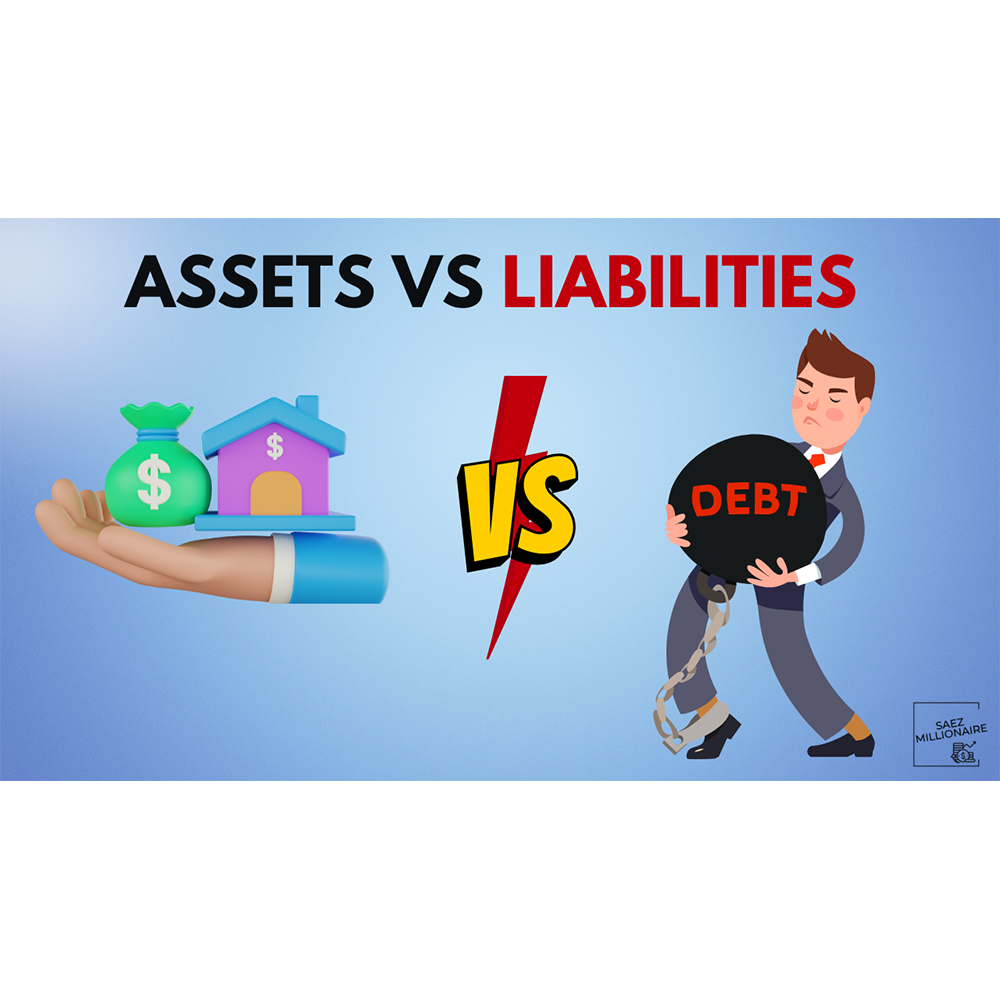Assets make you rich because they generate income. This income can come in a variety of forms, such as rent, dividends, or interest payments. Over time, the income generated by assets can compound, which means that it can grow exponentially. This is why assets are often referred to as “wealth creators.” There are many different types of assets that can make you rich. Some of the most common include
- Real estate. Real estate is a tangible asset that can appreciate in value over time. It can also generate income through rent payments.
- REITs. If you are intimidated by the prospect of owning real estate but are still interested in the sector, real estate investment trusts REITs can be a lucrative income-generating asset. REITs are traded on major stock exchanges, and they offer investors the opportunity to invest in real estate without having to buy and manage properties themselves. There are two main types of REITs, equity REITs and mortgage REITs. Equity REITs own and operate income-producing real estate, such as apartment buildings, office buildings, and shopping malls. Mortgage REITs lend money to real estate developers and owners, and they also invest in mortgage-backed securities. REITs offer a number of advantages to investors. They can provide a steady stream of income, and they can also offer the potential for capital appreciation. REITs are also relatively liquid, which means that investors can easily buy and sell them. However, there are also some risks associated with REITs. The value of REITs can fluctuate with the real estate market, and they can be sensitive to interest rate changes.
- Stocks. A stock is a type of security that represents ownership in a company. When you buy a stock, you are essentially buying a piece of the company. Stocks are traded on stock exchanges, and their prices can fluctuate based on a number of factors, including the company’s financial performance, economic conditions, and investor sentiment. There are two main ways to earn money from stocks. Capital gains. When you sell a stock for more than you paid for it, you make a capital gain. The amount of your capital gain is the difference between the sale price and the purchase price. Dividends. Some companies pay dividends to their shareholders. Dividends are typically paid out quarterly, and they represent a portion of the company’s profits.
- Intellectual property. Intellectual property (IP) is a valuable asset that can generate income for years to come. Examples of IP include patents, trademarks, and copyrights. If you own IP that is in demand, you can license it to other companies or sell it outright.
- Your own business. Opening your own business is a great way to generate income while pursuing your interests. There are many different business ideas that you could pursue. Some popular options include selling products such as handmade jewelry on Etsy, opening a franchise, selling your skills online, or buying and selling websites on Flippa.com. Building a business takes time and effort, but it can be a rewarding experience.
If you want to become rich, it is important to start thinking about your assets and how you can grow them. There are many different ways to build wealth, so find an approach that works for you and stick with it. With time and effort, you can achieve your financial goals.
Liabilities make you poor because they require you to make regular payments. These payments can take away from your disposable income, which is the money you have left after you have paid for your essential expenses. If you have too many liabilities, you may not have enough money left over to save or invest. This can make it difficult to build wealth over time. Some examples of liabilities include
- Credit card debt. This is the most common type of liability for individuals. Credit card debt is unsecured debt, which means that it is not backed by any collateral. This means that if you default on your credit card debt, the credit card company cannot take your assets to recoup their losses.
- Student loan debt. This is another common type of liability for individuals. Student loan debt is secured debt, which means that it is backed by collateral. This means that if you default on your student loan debt, the lender can take your assets to recoup their losses.
- Mortgage debt. This is a type of secured debt that is used to purchase a home. If you default on your mortgage debt, the lender can take your home to recoup their losses.
- Car loan debt. This is a type of secured debt that is used to purchase a car. If you default on your car loan debt, the lender can take your car to recoup their losses.
- Personal loans. These are loans that are not secured by any collateral. This means that if you default on your personal loan debt, the lender cannot take your assets to recoup their losses.
- Medical debt. This is debt that is incurred for medical expenses. Medical debt can be difficult to pay off, especially if you do not have health insurance.
- Child support. This is a court-ordered payment that is made by one parent to the other parent to help support their children. If you do not pay child support, you may be subject to legal action.
- Alimony. This is a court-ordered payment that is made by one spouse to the other spouse after a divorce. If you do not pay alimony, you may be subject to legal action.
It is important to note that liabilities are not always bad. For example, a mortgage debt can be a good thing if you are able to afford the payments and you are building equity in your home. However, if you have too much debt, it can be difficult to make ends meet and it can also damage your credit score.
I hope this video helps you to understand the difference between assets and liabilities and how assets make you rich and liabilities make you poor.




